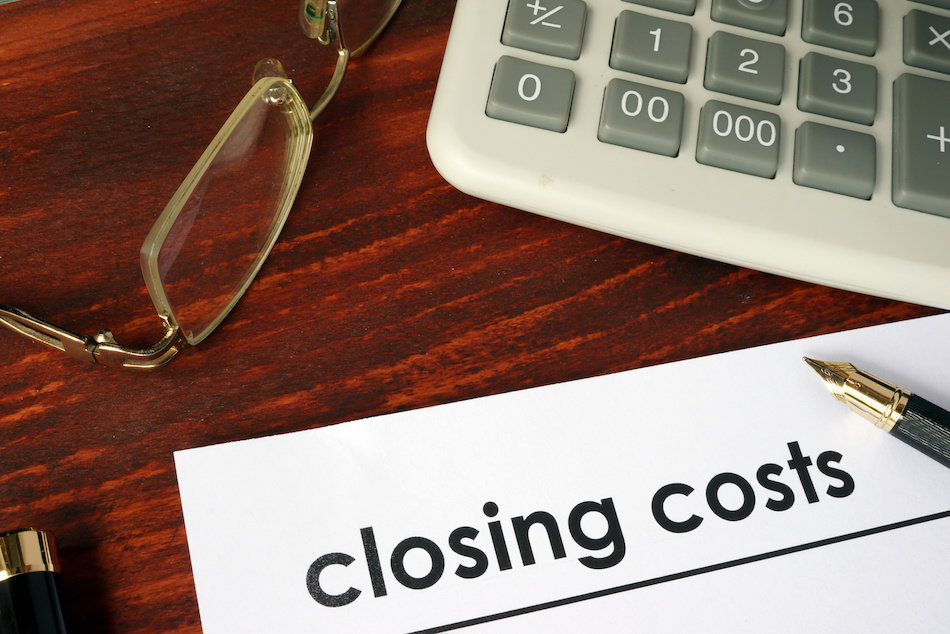How to Prepare for Closing Costs When Buying a Home
Posted by Justin Havre on Tuesday, April 17th, 2018 at 9:34am.
 Buyers spend so much time saving for the down payment, they may not realize how much in closing costs they will also have to pay. This guide identifies common closing costs buyers should expect to have ready before they complete the sale.
Buyers spend so much time saving for the down payment, they may not realize how much in closing costs they will also have to pay. This guide identifies common closing costs buyers should expect to have ready before they complete the sale.
Home Inspection and Appraisal
One of the most important aspects of the home buying process is the home inspection. This is a thorough check of the structure of the home and its systems to confirm that everything is in working order and generally good condition. Home buyers typically have to pay for the home inspection. The appraisal is equally vital to the sale, as it confirms for the lender that the sale price does not exceed the home's fair market value. The lender may pay for the appraisal, but home buyers are often expected to pay for it. Each report may cost a few hundred dollars. Although buyers are sometimes on the hook to pay for an appraisal for a lender, they may not necessarily get access to the report. When the lender is the appraiser's client, they are not obligated by default to share the report with the buyers.
Taxes and Fees
Buying a home involves a fair number of taxes and fees levied for certain services or as part of the purchase. The land transfer tax is a percentage of the home's purchase price set by the province and paid by the buyer at closing. Some cities have their own land transfer taxes, as well. Many people also hire a lawyer or other professional to prepare and record certain legal documents for the completion of the sale. These fees often cost around $500. If buyers want any additional testing depending on the type of property or its contents, they may have to pay extra for these services. Buyers could also be required to pay for goods and services taxes (GST) or harmonized sales taxes (HST) on some or all of these services, per the rules in their region.
Title Insurance
In most real estate transactions, the seller owns the title and is able to transfer ownership of the title to the buyer at closing. However, there is always the possibility of an ownership dispute, or that someone may have some claim to interest on the property's title. Title insurance offers protection to the buyer and lender in case there are undiscovered liens on the title from the previous owner. Although title insurance is not required in every province, it may be a useful insurance policy in the event that an unexpected title issue comes up, possibly years down the road.
Prepaid Services
When people plan to buy a home, there are certain regular services they receive that they may need to pay for in advance. Property taxes are typically paid once a year in a lump sum. Buyers may have to pay for a certain number of months or a year of property taxes at closing so that the payment can be made on time. Homeowners insurance is another common requirement at closing. Homeowners insurance protects the homeowner in case of specific kinds of damage or loss of property. The insurance may be paid monthly or in a lump sum once or twice a year. Buyers might be required to pay a few months or a whole year in advance.
Mortgage Default Insurance
People who put a down payment of less than 20 percent on a home purchase are often required to pay for mortgage default insurance. This is a cost that provides the lender with a degree of protection, in case the borrower fails to make timely payments on the loan. Mortgage default insurance is typically paid for as a monthly premium, or wrapped in with the total cost of the loan. However, loans that require mortgage default insurance may also have provincial sales tax (PST) on the insurance. PST on mortgage default insurance must be paid in cash at the time of closing.
Down Payment
All of these closing costs come in addition to the down payment. Many people expect to make a down payment of at least 20 percent of the home's sale price, but they must leave enough money in their savings to cover the closing costs. In total, closing costs could range from 1.5–4 percent of a home's sale price. Buyers are also required to make a down payment of at least 5 percent, depending on the price of the home they want to buy and their general creditworthiness.
Preparing for closing costs could entail saving for a few extra months before buying a De Winton home. When buyers know what kind of closing costs they may need, they will be better able to get the proper amount of money ready to close on the home purchase.
